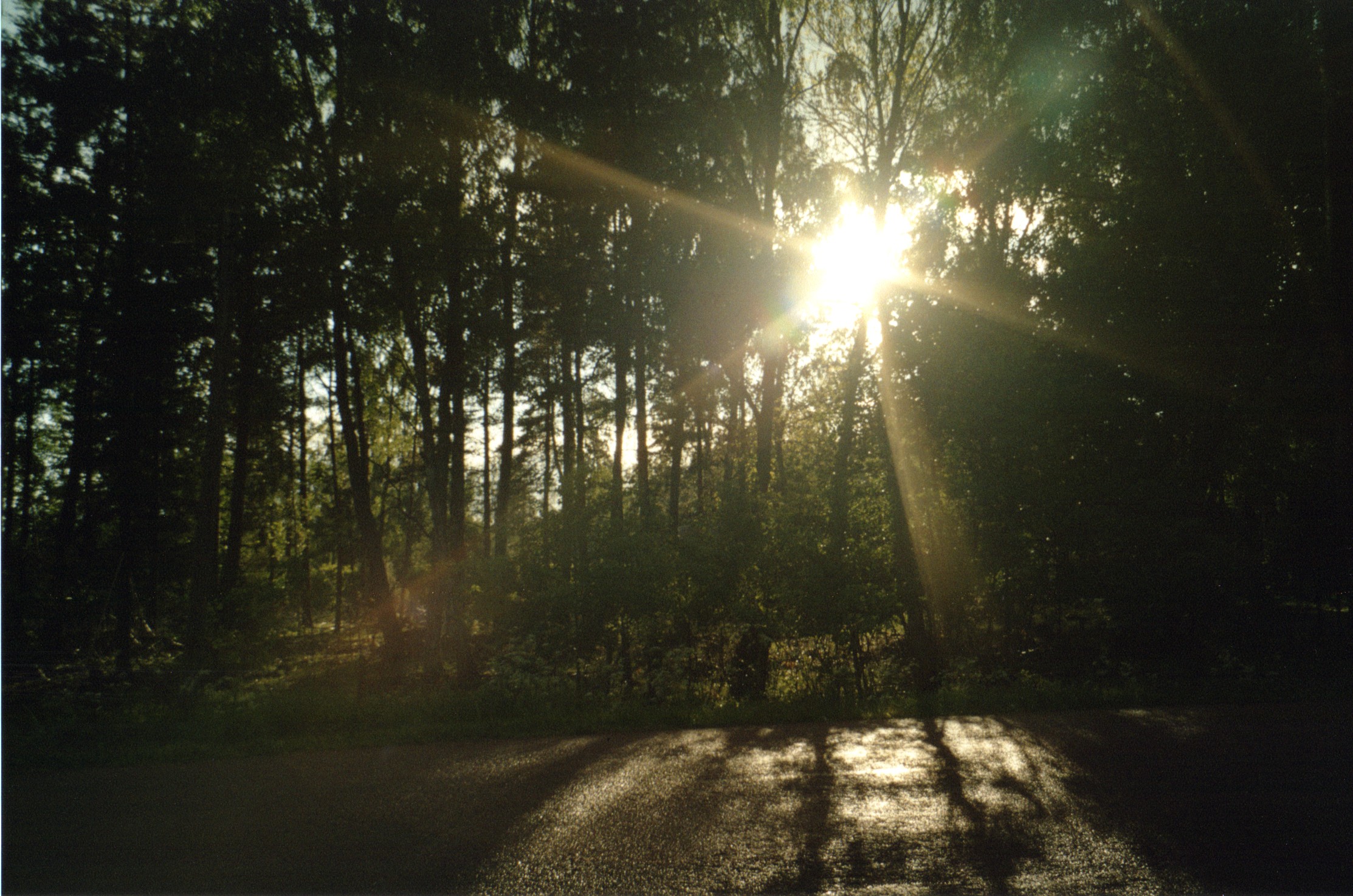 |
| Photo by Roger Glenn |
Why do we have a Yizkor (memorial) service on Yom Kippur? It is clearly a ritual that has great meaning to many people. In most congregations it is one of the services of the holiest of days with the largest attendance. There’s an historical answer to the question, if we want to learn more about the original connection between remembrance and atonement. Certainly, some of us attend Yizkor because its just what you do, and it is what those before us did. But, like most things in Judaism, especially in progressive communities, rituals and times of gathering don’t continue to be widely observed unless they have a contemporary meaning and value that is experienced by those who engage in them.
Yom Kippur is sometimes described as like a rehearsal for death. The Vidui (confession) that we pronounce several times over the High Holy Days is a ritual that is also meant for one who has the opportunity to say it if they are aware that they are close to death. There is also a nightly vidui ritual, precisely because most of us can never know when our last day will come. So there is something powerful, as we reflect on our own mortality, about turning our thoughts to those who have already died. They have shaped our lives, and we often see things in ourselves that we inherited from them. There are things that we do, and ways we behave that we are aware that we do because of them, or sometimes in spite of them.
Yizkor may be a time for appreciation. It may be a time for us to be inspired by our memories of others to seek to live each of our days so that others will have cherished memories of us at some time in the future. It may be a time to find a spiritual path forward to deal with unfinished business, pain or hurt.
As with each and every step of the High Holy ritual, our new machzor provides prayers, reflective readings, and insights that can help us with all of the above. Here is a piece written by Cantor Linda Hirschhorn entitled Forgiveness and the Afterlife (copyright CCAR, 2015, Yom Kippur machzor, p.581).
I do have an ongoing relationship with the dead, and I do think about the afterlife – my afterlife, that is – after someone I know dies: what happens to me afterwards, in my life.
Some deaths come too soon; some deaths are unexpected; some deaths we think we are prepared for, but really we are rarely ready: we don’t usually know when a conversation is the last conversation, with so much that may be left unsaid, unresolved.
So in this afterlife of mine I am still in relationship with people who have died. I miss them, I talk to them in my mind, I ask them questions about our relationship that I wasn’t ready to ask them when they were still alive. I show off my accomplishments, and wish they could witness them; and yes, I still have some of the same old arguments, still trying to prove my point of view. What helps me go forward? How do I resolve these lingering feelings?
Here is what makes the Yom Kippur Yizkor so special – this forgiveness prayer devoted exclusively to those no longer with us, that comes late in the afternoon when we are tired, hungry, vulnerable, and open. During this Yizkor I am given the opportunity to forgive myself for cutting off that last phone conversation with my father – I was always in a hurry; he always wanted to chat longer; and then he died. It’s during this Yizkor that I have the opportunity to forgive my mother for her harsh ways; to let go of being angry – for my sake in this world, if not for her sake in the world-to-come.
For this Yizkor to feel honest and meaningful, I don’t want to sentimentalize those relationships. I don’t just want to remember the ideals and gifts they may or may not have passed down. I want to remember those relationships exactly as they were, and then be able to forgive myself and them for our failings, for what we never got a chance to repair or finish.
May our memories bring the light of loved ones into our hearts. May our prayers help us forgive and receive forgiveness. With remembrance, may healing come our way.












